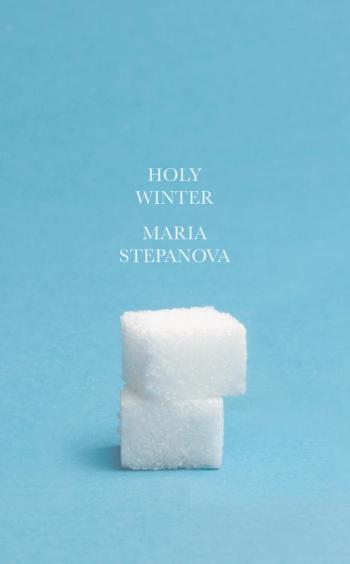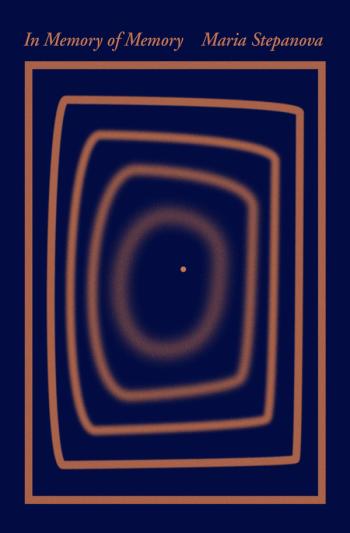Maria Stepanova
Poet, novelist, essayist, and journalist, Maria Stepanova is the author of ten poetry collections and three books of essays. Her poetry collections Holy Winter 20/21 and War of the Beasts and the Animals were Poetry Book Society Translation Choices and winners of PEN Translates awards, and War of the Beasts and the Animals was also shortlisted for the Warwick Prize for Women in Translation 2021. Her novel In Memory of Memory won Russia's Big Book Award in 2018 and was published in English in Sasha Dugdale's translation. She was awarded the Berman Literature Prize for In Memory of Memory, and was also shortlisted for the International Booker Prize, the Warwick Prize for Women in Translation, and the James Tait Black Prize for Biography.
Maria Stepanova has received several Russian and international literary awards (including the prestigious Andrey Bely Prize and Joseph Brodsky Fellowship). In 2022 she was awarded the Leipzig Book Prize for European Understanding 2023 for a book of poetry, Mädchen ohne Kleider (Girls Without Clothes). She founded and was editor-in-chief of the online independent crowd-sourced journal Colta.ru, which engaged with the cultural, social and political reality of contemporary Russia until the full-scale Russian invasion of Ukraine when all dissenting media in Russia were forced to shut down. As a prominent critic of Putin’s regime, she had to leave Russia and is now living in exile.


